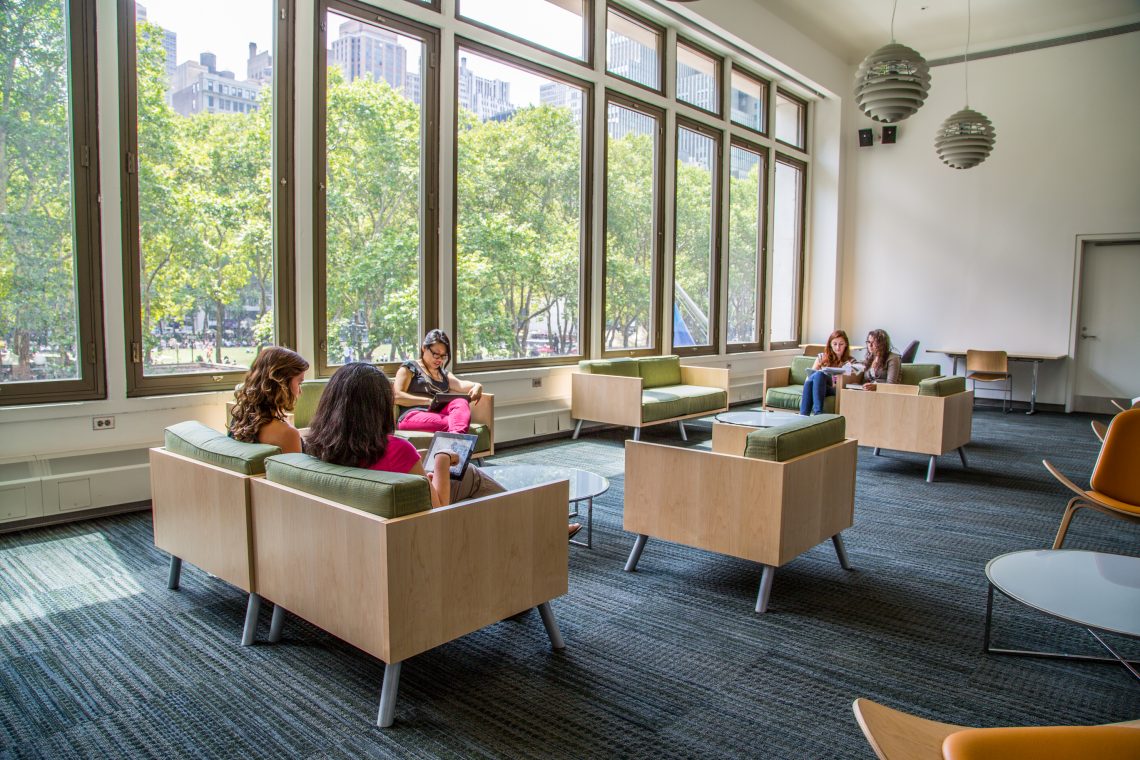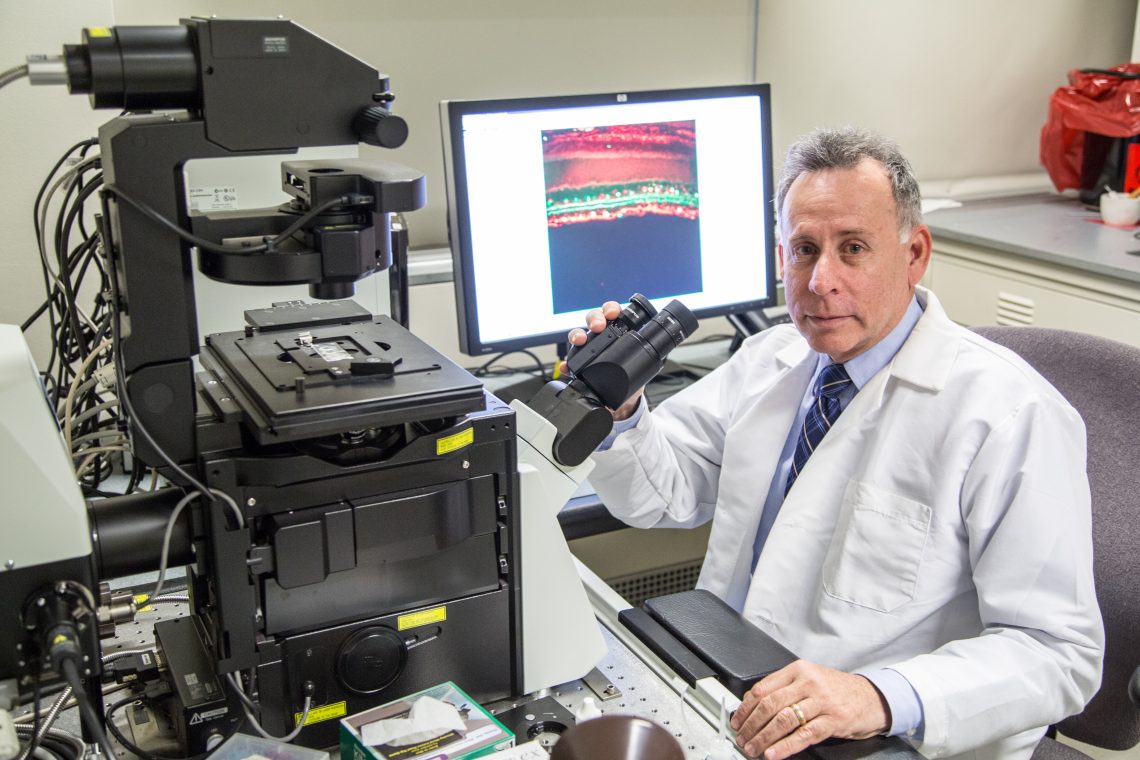NEI Pre-doctoral (T35) Summer Research Fellowship Program
SUNY College of Optometry
Description of Training Program
The Graduate Center for Vision Research at the SUNY College of Optometry is seeking applicants for its summer research program supported by a T35 Training Grant from the National Eye Institute. The program is designed to introduce optometry students to basic, translational, and clinical vision research and the critical thinking and problem-solving skills essential not only to research, but also to improved clinical practice and patient care. If you are an optometry student with a potential interest in research you are strongly encouraged to apply. Prior research experience is not a requirement. Optometry students who participate in the program will receive a stipend of $5,275 for a full-time, ten-week summer commitment (May to August) and up to $875 for research-related expenses. There are 6 trainee slots open to students who have just completed their first or second year in an accredited optometry program. In addition, U.S. citizenship or permanent residency is required. Students from underrepresented minorities are encouraged to apply.
To apply, click on the following link for the on-line application:
Apply Now
In addition to the on-line application, students must also submit:
The deadline for receipt of all application materials is the first week of March. Acceptances will be announced no later than March 31.
Please send all supporting application materials to:
Briana Aizin
Graduate Center for Vision Research
SUNY College of Optometry
33 West 42nd Street
New York, NY 10036
Phone: (212) 938-5544
baizin@sunyopt.edu

The purpose of the program is to introduce optometry students to basic, translational, and clinical optometric and vision science research by participating full-time for ten weeks in a research project mentored by one of the fifteen members of our distinguished research faculty. Research programs of the training faculty include cell biology, ocular pharmacology, visual psychophysics, computational modeling, visual neuroscience, optics, and clinical vision science.
Click here for a list of Research Mentors and Descriptions of the their Research Programs
It is expected that this experience will provide trainees with both technical and problem solving skills that will inspire them to include vision research as one important component of their future career as optometrists. The training will be conducted within the 50,000 sq. ft. of state-of-the-art basic, translational, and clinical research space at the College. The College also maintains computer, electronic, graphic, and extensive library facilities that are freely available to the trainees. Trainees will consist of optometry students from any of the Colleges of Optometry in the U.S. who have completed their first or second year of the professional program and have shown high academic achievement. The Training Program strives to provide trainees the clinician/researcher interface that is essential to bringing the latest scientific discoveries to the clinic. This experience is aimed at providing students, and later to be doctors, the knowledge and skillset to both continue in research and to provide the latest and most optimal vision treatment and care to the patient.

The program will run for 10 weeks each summer. Laboratory research will be conducted through the whole ten-week training period. In addition, all students will be required to take a 10-hour course on Scientific Integrity and Research Ethics. Students will also participate in regular meetings, which will provide the trainees with the sense of belonging to a community of research scholars with a common goal of advancing basic, translational, and clinical research knowledge. These meetings will be devoted to presentations on topics such as the strategy of scientific research, a survey of areas of clinical research that are in need of investigation, and presentations of research currently being conducted here. Trainees will make presentations on the specific area of research in which they are involved. At the end of the summer session, trainees will be expected to write a 10-15 page summary of research findings, which they will present orally at a seminar day.
Example of a proposed student program:
A typical week’s activities for a trainee will be apportioned as follows:
During the last two weeks of the program, a large proportion of the trainee’s time will be devoted to writing a report on the summer’s research activities.
